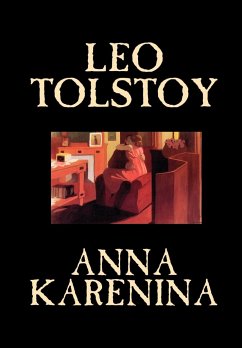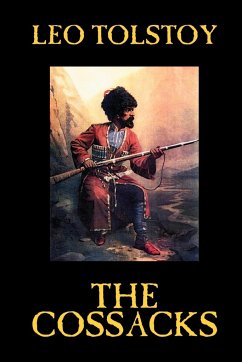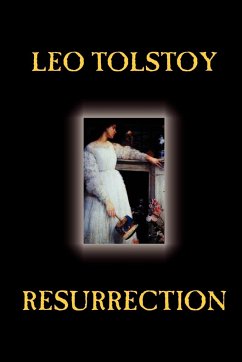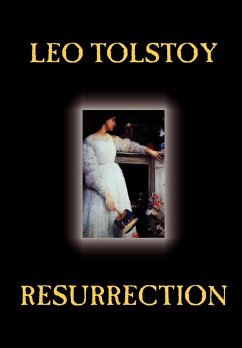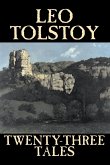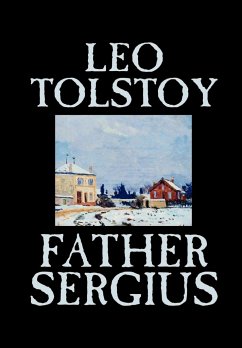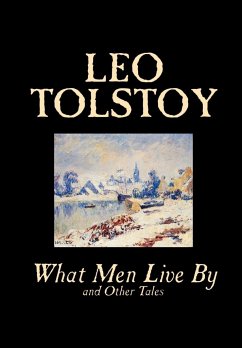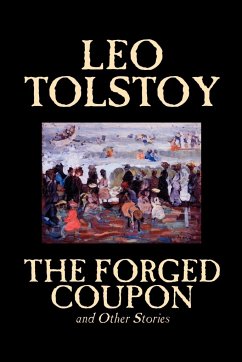Anna, miserable in a loveless marriage, succumbs to the desire for the dashing Vronsky. That sort of thing didn't stand one in good stead in 19th-century Russia; bad goes to worse and the end Anna comes to is the stuff of legend. Tolstoy seamlessly captures a weaves a tapestry of Russian society -- as Matthew Arnold wrote in his celebrated essay on Tolstoy, "We are not to take Anna Karenina as a work of art; we are to take it as a piece of life." The novel remains popular, as demonstrated by a 2007 poll of 125 contemporary authors in Time, which declared that Anna Karenina is the "greatest book ever written." Anna Karenina may be the greatest single novel ever written; it may also be just plainly and sublimely good. Regardless, there is no doubt that Anna Karenina (generally considered Tolstoy's finest novel) is a sublime achievement.

